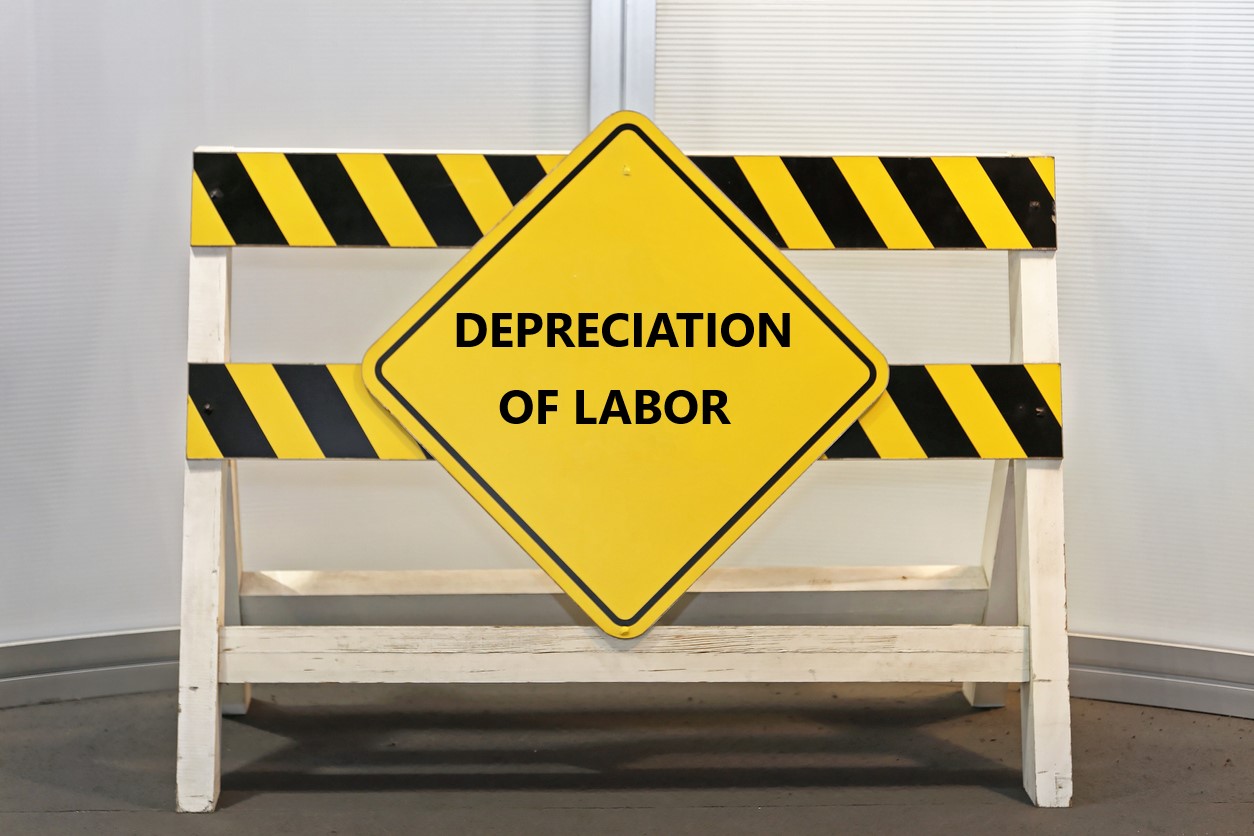The Texas Supreme Court issued two opinions March 27th, clarifying when a delay by the insured in submitting a notice of loss in a claims-made policy can bar recovery.
In the first case, Financial Industries Corp. v. XL Specialty Ins., ___ S.W. 3d ___, 2009 Tex. LEXIS 109 (March 27, 2009), the Texas Supreme Court was faced with the issue of whether, under a claims-made policy which required, as a condition precedent to recovery, written notice to the insurer of any claim "as soon as practicable after it is first made," an insurer could deny coverage because the insured waited seven months after the suit was filed to give notice, although notice was given within the policy period.
The Court distinguished between the prompt-notice language, ("as soon as practicable"), and the requirement that a claim be made during the policy period.
The insurer (XL) and insured (FIC) stipulated that FIC violated the policy’s prompt notice provision and that XL was not prejudiced. Noting that claims-made policies benefit an insurer by allowing it to "close the book" on a policy at its expiration, giving the insurer a certainty unattainable with other types of policies, the Texas Supreme Court sided with the insured. FIC gave notice within the policy period, so that XL could "close the book" on the policy at the end of the policy period. Because XL was not denied the benefit of the claims-made policy, it could not deny coverage based on FIC’s immaterial breach of the prompt notice provision, as they could not prove prejudice from the delay in notice.
In Prodigy Communications Corp. v. Agricultural Excess & Surplus Ins. Co., ___ S.W. 3d ___, 2009 Tex. LEXIS 111 (March 27, 2009), the policy required the insured give written notice of any claim "as soon as practicable," "but in no event later than ninety (90) days after the expiration of the Policy Period or the Discovery Period." Prodigy gave notice almost one year after it was named in a lawsuit, but within 90 days of the end of the discovery period. The insurer denied coverage, alleging the notice was not "as soon as practicable," but admitted it was not prejudiced by the late notice.
After a lengthy discussion regarding claims-made policies, the Texas Supreme Court distinguished between the two notice requirements, stating:
"[The requirement that the claim be made during the policy period…is not simply part of the insured’s duty to cooperate, but defines the limits of the insurer’s obligation, and if there is no timely notice, there is no coverage…. [A] notice provision requiring that a claim be reported to the insurer during the policy period or within a specific number of days thereafter ‘define[s] the scope of coverage by providing a certain date after which and insurer knows it is no longer liable under the policy’"
While the prompt notice provision of the policy could benefit an insurer by giving it more time to investigate and participate in negotiations, the Court held that the provision was not a material part of the bargained for exchange in the policy contract so long as notice was given within the policy period. Because the insurer was not prejudiced by the delay in notice, it could not use the immaterial prompt notice provision to deny coverage.



